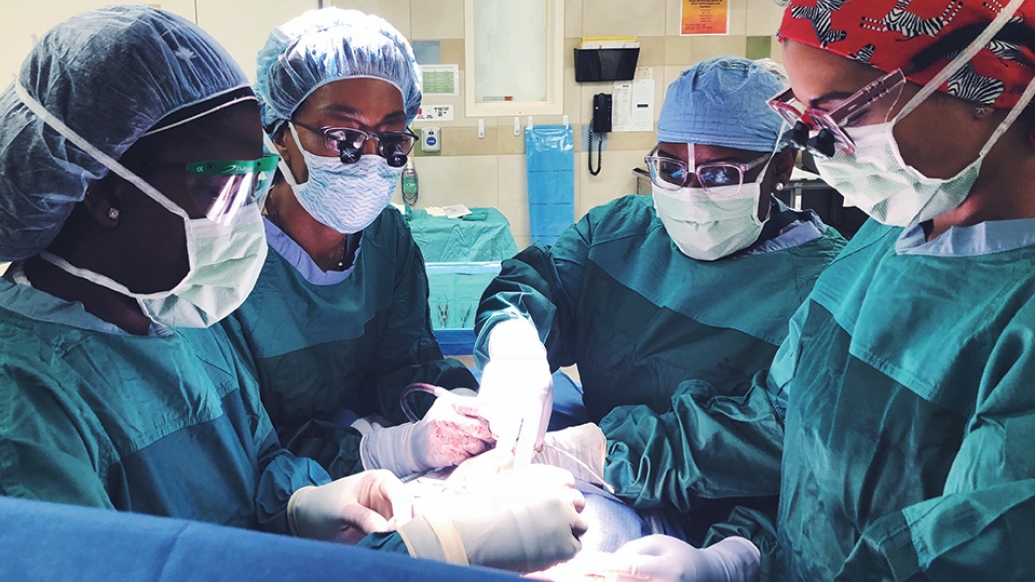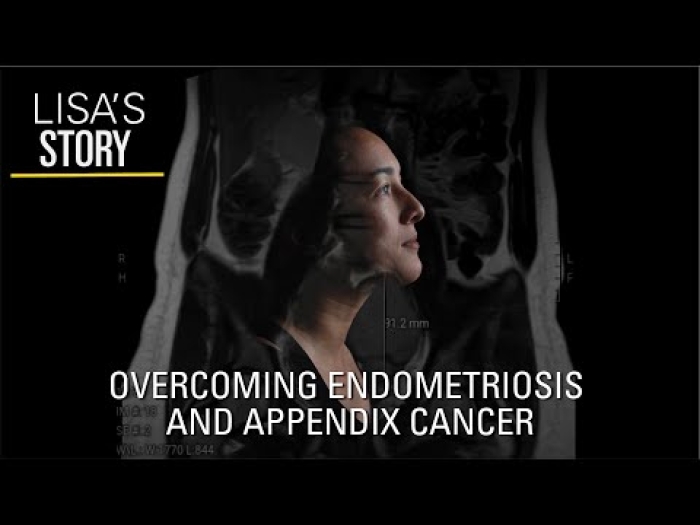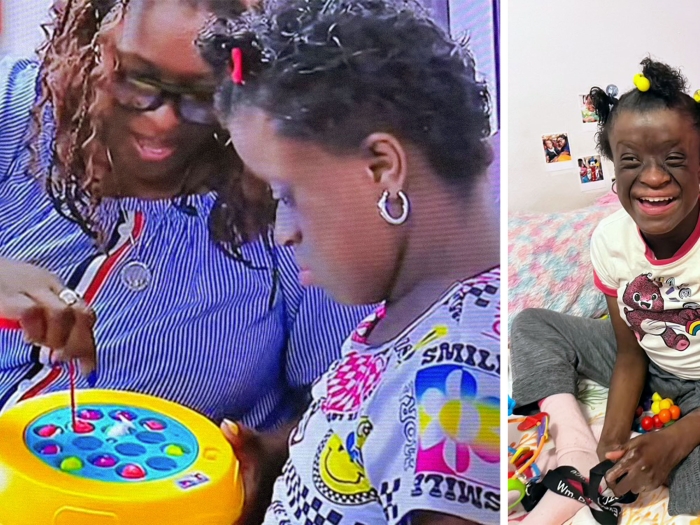
Women are a large part of the Michigan Medicine community, and becoming even larger. Of the 114 new U-M Medical School students this year, 65% are women. Below are some of the many ways Michigan Medicine is addressing women's health in the lab and beyond.
Source: U-M Medical School
Rural women experience higher rates of life-threatening complications during or after childbirth than mothers in urban areas, according to a U-M study published in Health Affairs. Maternal deaths and deliveries requiring emergency treatment increased across the board between 2007 and 2015, with rural patients having a 9% greater chance of dangerous childbirth situations. The study also found that people with Medicaid coverage or patients with no insurance at delivery had at least 30% increased odds of severe maternal morbidity and mortality. Authors say policy reforms associated with Medicaid, such as increasing reimbursement to rural health centers and expanding coverage beyond the traditional prenatal to 60-days postpartum period, might improve the situation.
Source: U-M Health Lab blog
Women are just as likely as men to survive after a heart transplant, according to research published by the American Heart Association. "There have been anecdotes of women having worse survival than men after heart transplant, and studies have been conflicting," said Monica Colvin, M.D., professor of internal medicine. "This study should dispel that myth and inform doctors that there really is no difference. We should not delay or defer referral for this lifesaving treatment based on concern for differential survival in women."
Source: Medical Xpress
Women who get a hysterectomy are often prescribed at least twice as many opioids as they use, but Michigan Medicine researchers discovered a simple solution: asking the patient how many opioids she needs. In a study published in Obstetrics & Gynecology, the majority of patients decided against the maximum prescription after a conversation with their doctors, and nearly 98% reported their pain control as adequate or good, with 63% saying it was better than expected, says lead author Sawsan As-Sanie, M.D., MPH, associate professor of obstetrics and gynecology.
Source: U-M Health Lab blog
In October, state Rep. Pamela Hornberger proposed a bill that would make it impossible for a doctor-in-training to do a pelvic exam on a woman during surgery without her consent. The bill also says the exam must be medically necessary. The Association of Professors of Gynecology and Obstetrics issued a statement in March recommending similar guidelines. Jennifer Villavicencio, M.D., clinical lecturer in obstetrics and gynecology, thinks those are good guidelines and stresses that patient consent is vital: "Period. End of story." She also acknowledges that surgeons and instructors are "caught between a rock and a hard place." If they discuss and get consent for every possible exam that could be needed during surgery, that could be overwhelming for patients.
Source: Bridge
Why are women nine times more likely to develop autoimmune diseases than men? According to a Michigan Medicine study, it could be due to their skin, which contains more VGLL3, a molecular switch that pushes the immune system into overdrive. Three years ago, the researchers discovered that women had more VGLL3 than men; in this new study, published in JCI Insight, researchers worked with mice and found that excess VGLL3 causes an autoimmune response. They don't yet know why female skin has more VGLL3, but senior co-author J. Michelle Kahlenberg, M.D., Ph.D. (Fellowship 2011), the Giles G. Bole, M.D. and Dorothy Mulkey, M.D. Research Professor of Rheumatology and associate professor of internal medicine, is recruiting lupus patients for a study to identify key factors downstream of VGLL3, which could lead to new therapies.
Source: Science Daily





